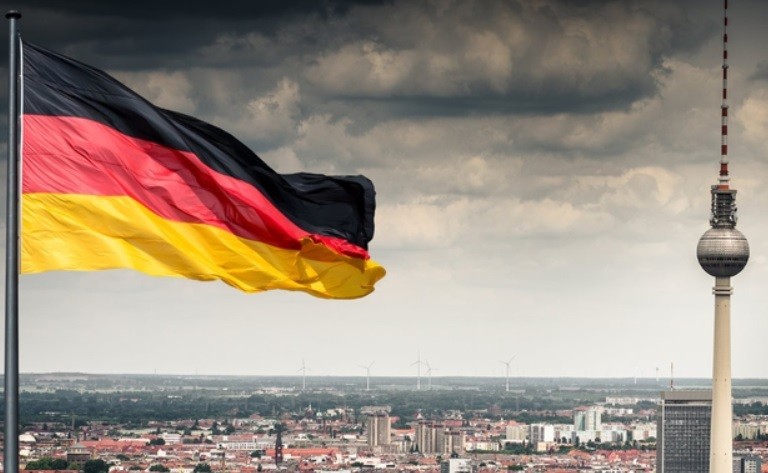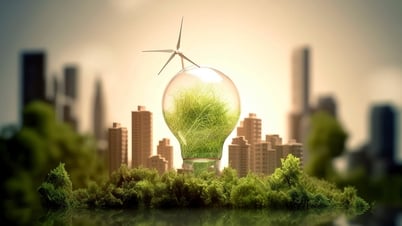 |
| The "Heating Law" - one of the largest and most controversial projects of the ruling coalition - has just been approved by the German Federal Council. |
The main purpose of this new law is to change heating systems to be more climate-friendly by gradually replacing oil and gas heating systems.
With the new law, the German government wants to ensure more climate-friendly heating. In addition, from 2024, all newly installed heating systems must be powered by at least 65% green energy.
The law was previously passed by the German Parliament three weeks ago.
The new law, which will come into effect on January 1, 2024, is expected to improve climate protection through new regulations on energy performance in buildings. The law stipulates that heating systems in German buildings will have to be more environmentally friendly and gradually replace current oil and gas heating systems.
The new law stipulates that all new heating systems must be powered by 65% renewable energy. The transition will be phased in and subject to relevant regulations. However, the transition will be supported by state funding.
No project of the three-party ruling coalition has been as controversial as this law. With the new bill, the German government wants to ensure that its climate protection goals are met more effectively when heating. In addition to the new regulations, the "Heating Law" also outlines a plan for the energy transition, as well as strict regulations.
The energy transition would help Germany avoid becoming too dependent on increasingly scarce gas supplies, while also fulfilling its commitments to combat climate change.
Since the outbreak of the conflict in Ukraine, which has caused a gas supply crisis, Germany has accelerated its transition to renewable energy and aims to become carbon neutral by 2045. Along with efforts to develop new, greener technologies, the government's push for the "Heating Law" will support the goal of Europe's leading country in a rapid and sustainable energy transition.
According to statistics from the German Ministry of Economics, nearly half of the approximately 41 million households in Germany are currently heated by natural gas; 25% by oil; the rest use district heating (remote systems, accounting for 14%), electric heating or heat pumps.
Previously, the amendment to the GEG law caused fierce debate in the ruling coalition between the Social Democratic Party (SPD), the Green Party and the Free Democratic Party (FDP).
Source



































































![[Photo] National Assembly Chairman Tran Thanh Man receives Chairman of Morocco-Vietnam Friendship Association](https://vphoto.vietnam.vn/thumb/402x226/vietnam/resource/IMAGE/2025/7/26/b5fb486562044db9a5e95efb6dc6a263)



































Comment (0)